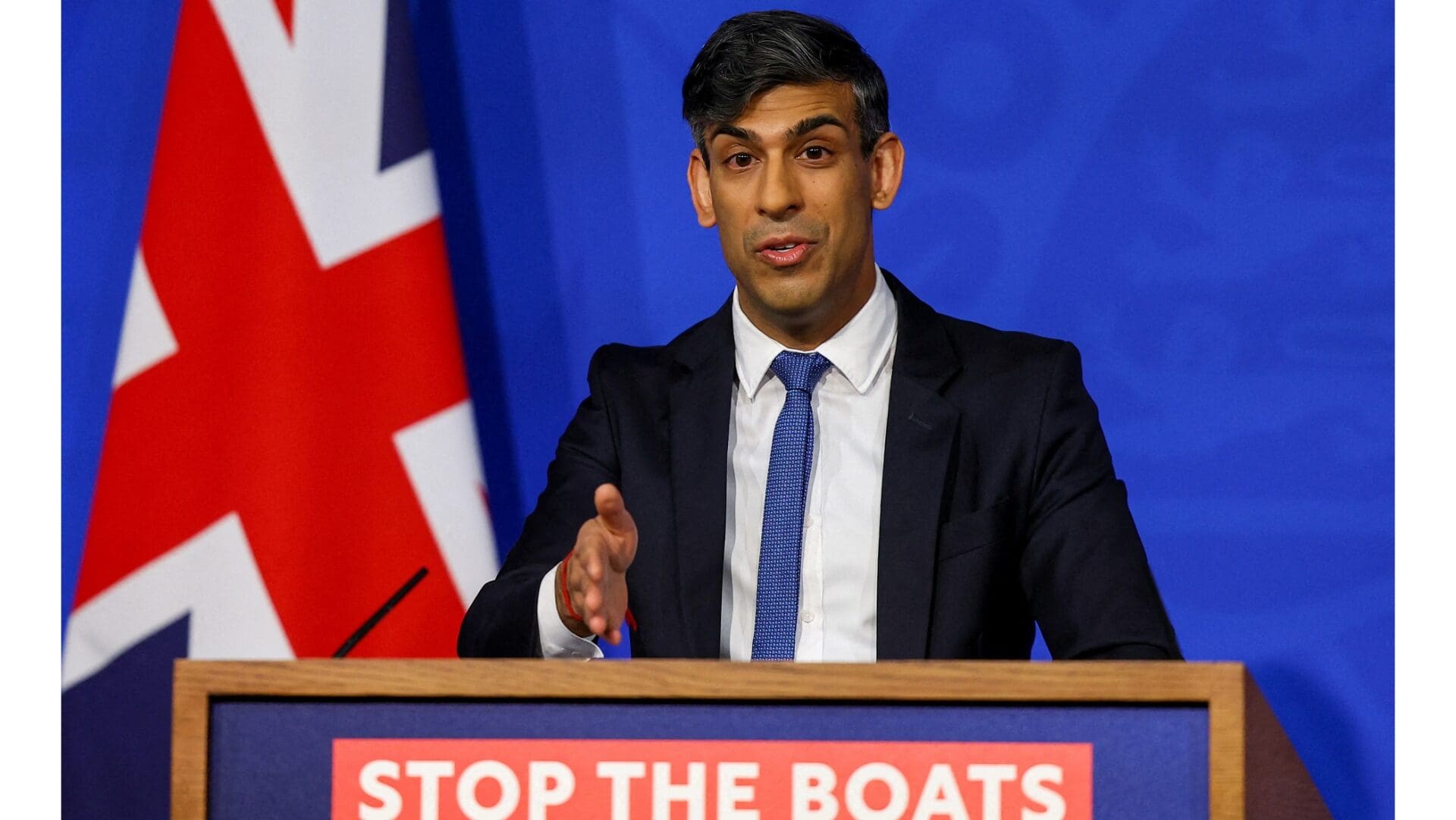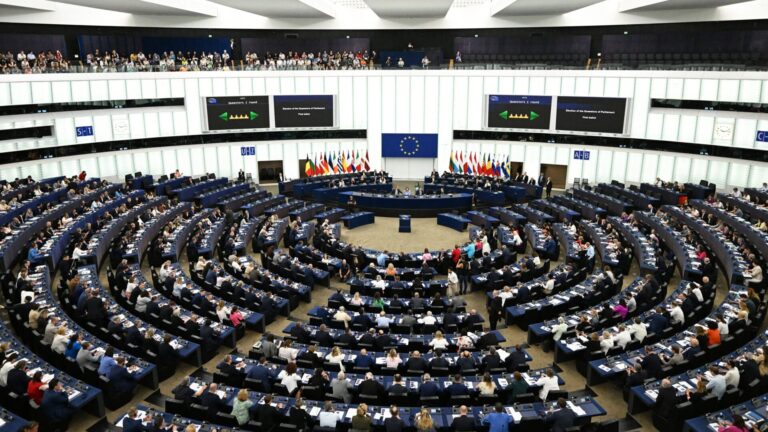After years of negotiations and legal battles, it seems that the United Kingdom’s plan to relocate migrants to the East African country of Rwanda will finally become the law of the land.
Former Prime Minister Boris Johnson’s administration originally signed a memorandum of understanding (MOU) with Rwanda back in April 2022. As per the agreement, refugees and migrants trying to seek entry in the United Kingdom would have been relocated to the African nation and granted asylum there. MOUs do not require the approval of the British Parliament. However, it was challenged in court, and the Supreme Court of the United Kingdom ultimately ruled the measure to be unconstitutional in November 2023, citing human rights concerns.
All this was the consequence of the conservative British electorate pushing for immigration reform,
with many in the UK feeling that the high level of migration, especially from the Middle East and Africa, has negatively impacted their standard of living.
Incumbent Prime Minister Rishi Sunak, also from the Conservative Party, vowed to find a legal solution to make the new immigration plan a reality. On 22 April 2024, in a parliamentary session lasting late into the night, the Safety of Rwanda (Asylum and Immigration) Bill passed on the floor of Parliament, with 240 members voting ‘content’ and 211 voting ‘not content’.
The bill designates by law the Republic of Rwanda as a ‘safe country,’ addressing the concerns that Rwanda may deport the refugees back to their country of origin after receiving them from the United Kingdom; or that refugees would not have their safety guaranteed in another developing country in Africa.
PM Rishi Sunak was delighted with the new developments, claiming that flights to Rwanda with asylum seekers are ready to take off within 10–12 weeks. He went on to say:
‘We introduced the Rwanda bill to deter vulnerable migrants from making perilous crossings and break the business model of the criminal gangs who exploit them. The passing of this legislation will allow us to do that and make it very clear that if you come here illegally, you will not be able to stay. Our focus is to now get flights off the ground, and I am clear that nothing will stand in our way of doing that and saving lives,’ as quoted by the BBC’s website. However, shadow home secretary Yvette Cooper of the Labour Party called the plan ‘an extortionately expensive gimmick’.
Jonathan Gullis MP on Twitter: “Rwanda Bill PASSED! The country’s seen:🇬🇧Rishi & the Conservatives with a plan to stop the boats🥀Sir Keir’s Labour voting 135 times AGAINST stopping the boats, will cancel Rwanda (even when it works), & allow 100,000+ EXTRA illegal migrants into the UK in a deal with the EU pic.twitter.com/HYenIfqnZB / Twitter”
Rwanda Bill PASSED! The country’s seen:🇬🇧Rishi & the Conservatives with a plan to stop the boats🥀Sir Keir’s Labour voting 135 times AGAINST stopping the boats, will cancel Rwanda (even when it works), & allow 100,000+ EXTRA illegal migrants into the UK in a deal with the EU pic.twitter.com/HYenIfqnZB
For many years now, there has been a major push against mass migration among the European electorate—this will likely result in a shift to the right in the upcoming European Parliamentary elections. Prime Minister Viktor Orbán of Hungary has been on the forefront of that push. Getting help to refugees in countries outside of Europe was one of the mantras of his administration when it comes to handling humanitarian aid.
British politics has been dominated by the Conservative Party for more than a decade,
with the Tories winning four elections in a row. The last time a candidate of the left-wing Labour Party won was in 2005, with Prime Minister Tony Blair leading the ticket. In 2016, the UK also voted to leave the European Union in a referendum, with ‘Leave’ only backed by political forces even to the right of the Conservatives, such as Nigel Farage’s UKIP. However, in the same time span, we also saw three Conservative PMs resign—David Cameron, Boris Johnson, and Liz Truss, in that order.
Also, the Tory winning streak will likely come to an end in the next general election, held no later than 28 January 2025. The Conservatives are currently polling about 20 points behind the opposition Labour in the aggregate by POLITICO. The COVID-19 pandemic and the Russo–Ukrainian war impacted the British economy especially hard, even compared to other European markets.
Related articles:








